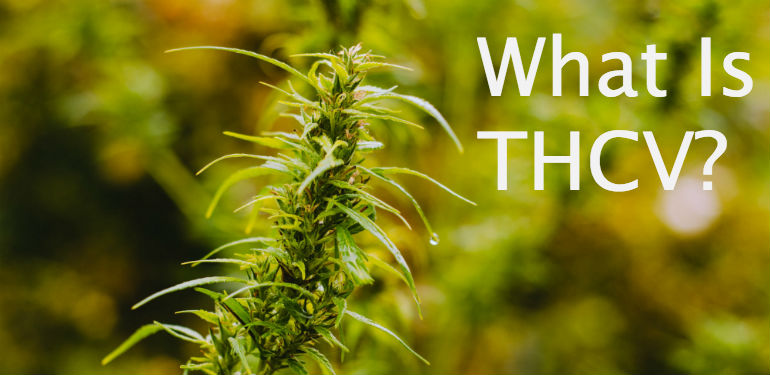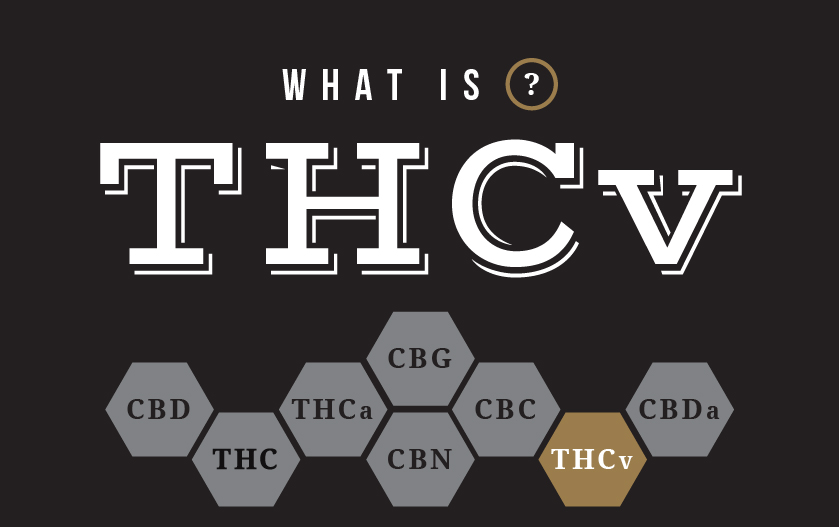Tetrahydrocannabivarin (THCV) is a cannabinoid compound found in marijuana and hemp plants. It's chemically comparable to tetrahydrocannabinol (THC) but with some crucial distinctions. Here's whatever you need to understand about THCV consisting of the risks, benefits, distinctions, and resemblances with other kinds of THC and more. What Is THCV? THCV is a less common cannabinoid found in some strains of marijuana, especially African sativa.
 What Is THCV and What Are the Benefits of This Cannabinoid?
What Is THCV and What Are the Benefits of This Cannabinoid?
 What is THCV? Cannabis Glossary Leafly
What is THCV? Cannabis Glossary Leafly
 THCV - Cresco Labs
THCV - Cresco Labs
THCV has a 3-carbon side chain instead of THC's 5-carbon side chain. This distinction is subtle, however it has an obvious https://tfsites.blob.core.windows.net influence on the result profile. THCV is rather psychedelic but only about and about. What Does THCV Seem like? THCV has a strong energy-boosting part to it, which makes it specifically popular among trainees and professional athletes.
In the United States, THCV guideline is nuanced. THCV is not an Arrange I Drug, but marijuana extracts are making it rather unclear what the federal position is on THCV. The 2018 Farm Costs specifies that hemp Go to the website plants and all derivatives of the plants are legal on a federal level, a lot of companies comply with this law and still provide THCV to consumers by just extracting the substance from hemp plants.
If THCV is thought about a THC analog, it might be controlled in the future by the exact same rules as THC under the Federal Analog Act. This act specifies that any substance that shares a similar molecular profile as a recognized prohibited compound it's included in the same drug Set up category.
What Are the Impacts of THCV? Proponents of THCV report that it produces an extreme burst of energy and makes them feel euphoric without the psychological cloudiness brought on by THC. The effects are super mild compared to THC. The impacts are practically solely cognitive yet in some way have very little impact on headspace.
2. THCV & Hunger Some THCV users claim that it curbs their cravings. This is a typical result of other focus-enhancing substances. It's as though THCV gets rid of the distraction of other bodily processes (like appetite) in order to protect resources and attention to cognitive tasks instead. How Does THCV Work? Cannabinoids produce biological effects in the human body by communicating with endocannabinoid receptors.
CB1 receptors are situated in the anxious system and interact with neurotransmitters in the brain to produce mind-altering results. Interaction with CB1 websites is what offers some cannabinoids like THC their psychoactivity. THCV is a bit challenging to comprehend due to the fact that it's mainly a CB1 villain, meaning it has the opposite result as THC.
While researchers are still seeking to comprehend this process, it appears THCV has the ability to obstruct the impacts of CB1 in low dosages and stimulate them in high dosages. CB2 receptors are discovered mostly in the body immune system. THCV is a partial agonist of CB2, however the impacts of this partial activity aren't popular, and it apparently has no noticeable effect on THCV users' experience.
As discussed in the previous section, THCV is a CB1 villain in low dosages which is the exact opposite impact of delta 8 and delta 9 THC. This might suggest that THCV neutralizes a few of the psychoactive impacts of THC. This result could explain why individuals who utilize THCV feel so clear-headed particularly compared to the infamous "fogginess" induced by delta 9 THC.